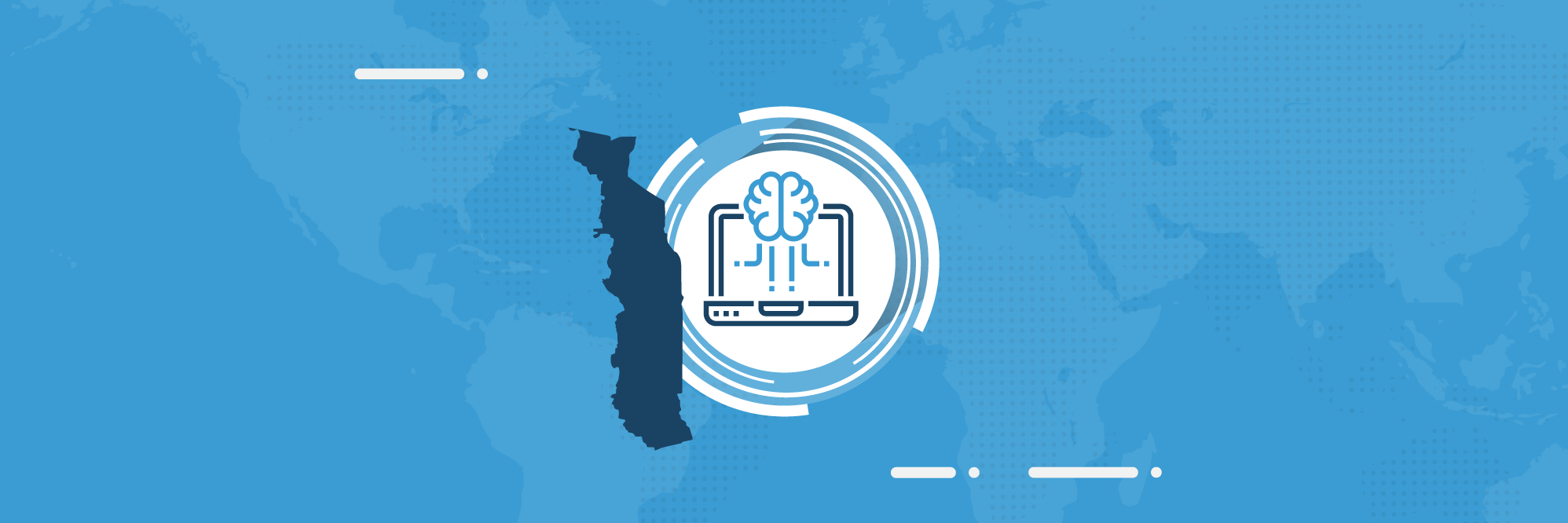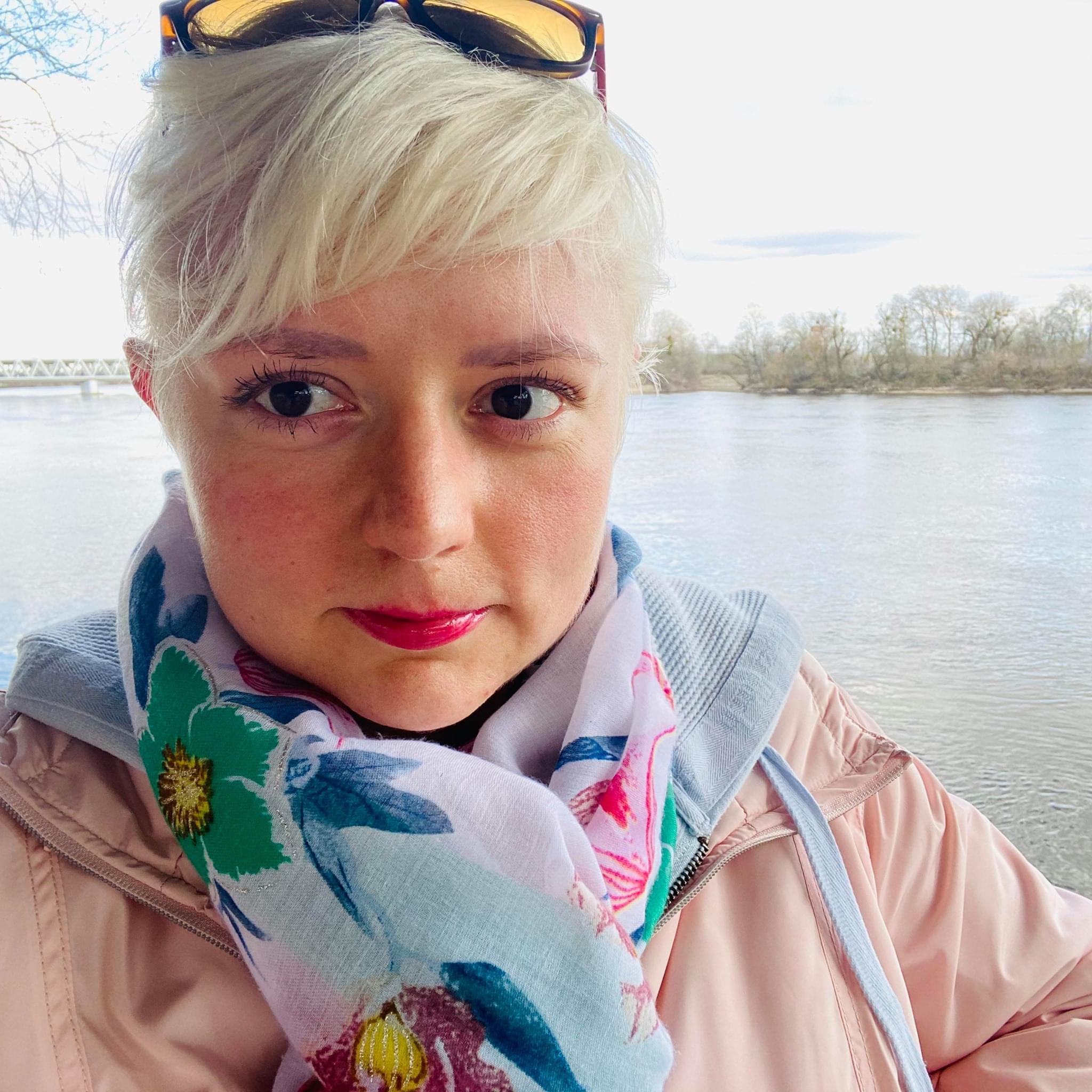Togo has launched a special aid program called Novissi (Solidarity, in English) which employs Artificial Intelligence to identify people in need who have been pushed into poverty due to the COVID-19 pandemic.
Helping the poorest in underdeveloped countries is very often a challenge not only due to insufficient funds but also owing to the lack of effective ways to identify who is really in need as many people work in the informal sector and their income is therefore not registered. Togo’s government has introduced an innovative program to enable it to reach those who require the most urgent assistance.
The poorest can now be identified thanks to data gathered by satellites and from their cell phones. The satellites detect the level of poverty by taking high-resolution pictures of the land. This data allows the poorest areas in Togo to be detected based on images of households as poor homes look very different from those that are wealthy. For example, they have different materials on the roofs or different sizes of plots around them. Poorer areas also have different quality of roads. Furthermore, Artificial Intelligence technology can also collect data from people’s mobile phones because the poor use these in ways that are different to the wealthier. Those who have a higher income frequently make more calls than they receive and their calls last longer. They also make more international phone calls and buy more expensive data and call packages.
To begin with, the government conducted a pilot of the program which lasted for three months. Commencing in April 2020, the administration distributed US$20 to men and US$22 to women every month with the women receiving more because of their caregiving role. This money, which was transferred to people’s mobiles, totaled $22 million and was distributed amongst 600,000 people. However, because the government had insufficient money to help every citizen thus it was decided to use Artificial Intelligence to identify the poorest. To apply for the program, all that was required was to simply dial a number from the mobile phone to register, and then it could be verified if each particular caller was eligible to receive the payment.
Subsequently, in November 2020, Togo’s government launched the full version of the program which saw 1 million people registering and the administration starting to distribute US$4 million in cash to 60,000 individuals, again through mobile phone payments with each man receiving US$13 and women US$15 per month.
The program was supported by researchers from the University of California, Berkley, and the U.S. charity, GiveDirectly. Both entities helped Togo’s government to employ innovative technology to fight poverty. The program focuses on people who live below the poverty line, i.e., they have less than US$1.25 per day to live on, and it is conducted in the 100 poorest cantons in the country. According to the latest UN data, 37.6% of Togo’s 7.9 million population lives in multidimensional poverty, and the pandemic may well have worsened the situation as many people have lost employment.
The GiveDirectly charity is aiming to expand the program by channeling an additional US$10 million amongst 114,000 people recognizing that the initiative has brought significant relief to rural communities in Togo affected by rising levels of poverty.


